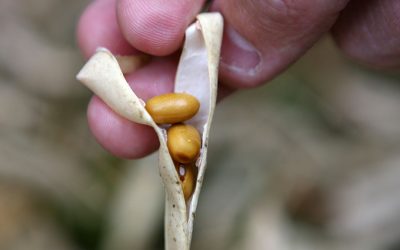Joining forces will deliver a better outcome in grain market

Dealing with the aftermath of one of the most difficult harvests for many years will require the whole chain from farm to feed mill and retail outlet to work together, is the consensus emerging from the latest meetings of the Agricultural Industries Confederation’s national Arable Marketing Committee.
Merchant and co-operative representatives pointed to end users striving to be as flexible as possible with intake requirements, within the boundaries of maintaining consistency of product to their customers. In addition, they have to fulfil large amount of contracts, many transacted well before harvest at minimum specifications that are now not readily available. At the same time merchants and co-ops are working hard with farmer suppliers to determine available quality and secure the best possible destination.
“Harvest 2012, and its quality issues, will add costs to every part of the grain chain,” comments Paul Rooke, AIC’s head of arable marketing. “This will include apportionment of claims on contracts where goods do not meet the contracted quality specification. That is a simple unavoidable fact.”
“For farmers and the trade working together, as closely as possible, to both understand what quality exists and then to find the most appropriate destinations at home or abroad. Extending contract periods may be just one example of the flexibility needed to secure destinations for crops which might otherwise struggle to find a buyer based on their specification.”
In practice this collaborative approach means that almost all grain must be analysed before collection. The process will take time to achieve but should deliver a better net result for farmers and indeed for every part of the grain chain.
“Only through whole chain collaboration will the best outcome, and best return, be achieved from the 2012 crop,” concludes Mr Rooke.











